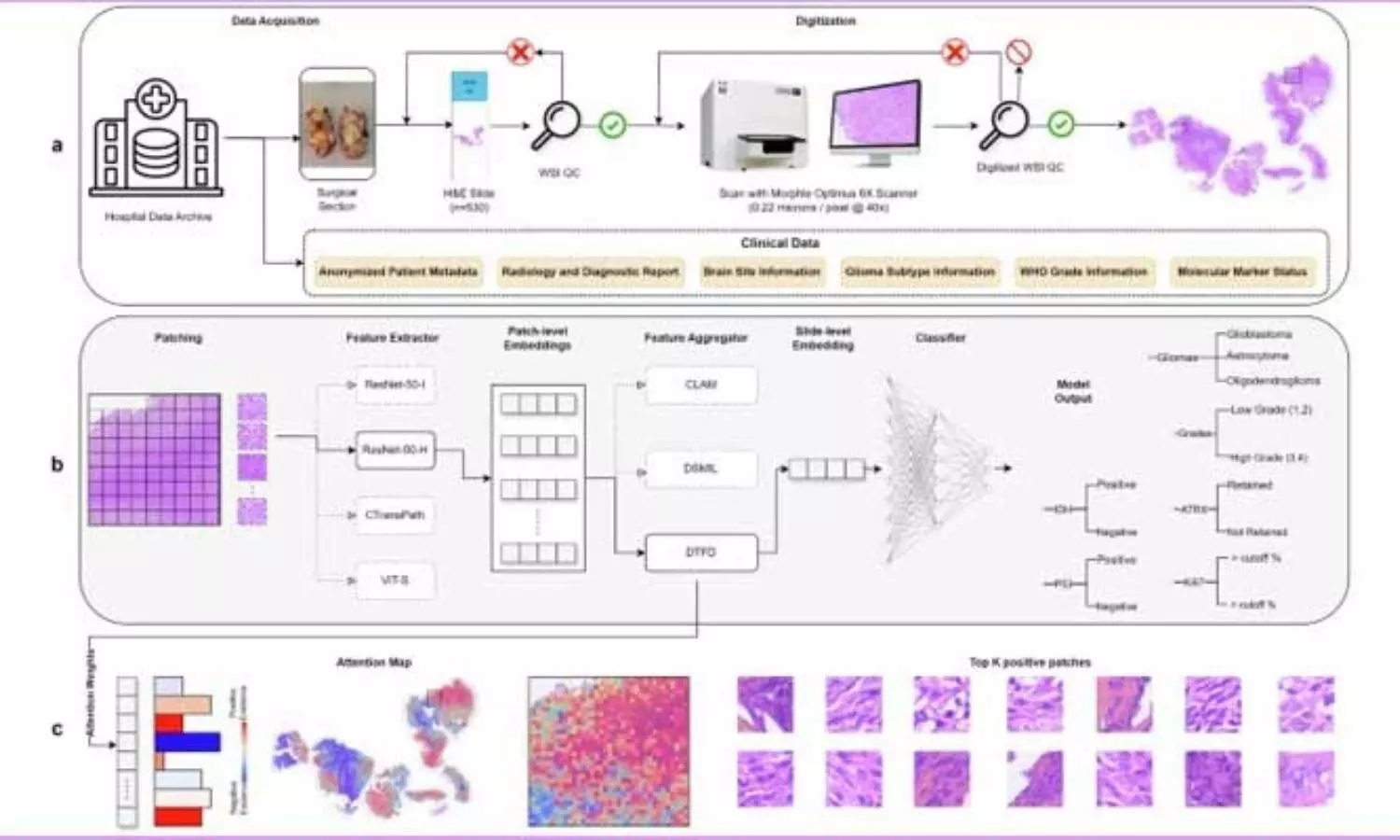IIIT Hyderabad and NIMS Launches Open-Source Brain Cancer and Kidney Disease Datasets

Hyderabad: The International Institute of Information Technology, Hyderabad (IIITH), in collaboration with Nizam’s Institute of Medical Sciences (NIMS), Hyderabad, has launched publicly accessible datasets comprising digitized histopathological images of brain cancer and kidney disease (Lupus Nephritis).
The India Pathology Dataset (IPD) project represents a collaborative effort involving academia, hospitals, industry, and government stakeholders. This initiative aims to digitize tissue biopsy slide images, providing benefits like reducing the risk of physical slide damage, enhancing clinical decision-making, accelerating turnaround times, and expanding AI-driven research opportunities.
As part of the initiative, IIITH installed a whole-slide digital scanner at NIMS, Hyderabad. “Traditionally, tissue samples and biopsies are visualized under the microscope. But by digitizing these slides, computers can be used to visualize these images, and they can be shared across locations for a collaborative diagnosis with other pathologists,” explained Prof. Vinod P.K, who is leading the project’s dataset curation.
One of the datasets released as part of this initiative is the IPD-Brain dataset, published in Nature Scientific Data, an open-access journal. This dataset focuses on Indian demographics and comprises 547 high-resolution H&E slides from 367 patients, making it one of the largest in Asia.
“The effective management of all cancers relies on precise typing, sub-typing, and grading,” remarked Dr. Megha Uppin, from the Department of Pathology, NIMS. “This is the first step in brain tumour research where machine learning models can explore regional and ethnic disease variations and enhance diagnostic precision by identifying cancer subtypes.”
Dr. Uppin highlighted the growing complexity of brain tumour diagnostics. “The diagnosis of brain tumours now largely depends on molecular genetics. The increasing number of techniques needed for accurate WHO classification challenges pathologists to standardize these methods in routine practice. AI can bridge this gap, offering cost-effective, accurate diagnoses and supporting institutions facing a shortage of specialized neuropathologists.”
Plans are underway to expand this effort to include datasets on breast, lung, colorectal, oral, and cervical cancers, with NIMS contributing significantly to the lung cancer dataset.
The project also includes a dataset on lupus nephritis, a kidney disease caused by the immune system attacking the kidneys. “It’s an autoimmune disease that disproportionately affects women in India, with a high incidence in Telangana,” noted Prof. Vinod.
In-depth expertise is required to diagnose and classify lupus nephritis for appropriate treatment plans. “AI can assist nephropathologists by overcoming interobserver variations in class subtyping, thereby improving diagnostic accuracy,” observed Dr. Megha Uppin.
A unique aspect of this initiative is the use of AI to predict molecular changes from tissue morphology in H&E slides. “Pathologists cannot see the underlying molecular changes occurring at the DNA level, but these changes reflect in tissue morphology,” explained Prof. Vinod.
The team has already demonstrated success in predicting IDH mutations, which play a critical role in diagnosing and prognosing brain tumours.
The open-source nature of IPD datasets makes them invaluable for researchers worldwide. “This is one of the first few instances of open-source medical data from India created for the ‘greater human good,’” remarked Prof. Vinod.
IIITH has also set up a second whole-slide scanner at its campus, available for use by dental colleges, corporate hospitals, and other collaborators. These datasets are expected to serve as powerful tools for teaching, learning, and research.
“Previously, researchers relied on datasets like TCGA (The Cancer Genome Atlas), based on the U.S. population. IPD marks a significant milestone as it is India-specific and the first-of-its-kind for the country,” added Prof. Vinod.
With breast cancer datasets already in progress and plans to include more collaborators, the IPD initiative is set to enhance histopathology studies and AI-driven diagnostics in India.


